A drive, passion, and even talent for making comics aren’t enough to be successful, at least on their own. Every comic book creator needs the right knowledge, tools, and connections to tun making comics from a hobby into a profession. With that in mind, here are some resources to help comic book creators on that journey.
A strong grasp on the language of comics
It’s important for creators to understand the medium they’re creating for, and what makes it unique from every other kind of storytelling. Even seasoned veterans can use a refresher on the many terms we use to discuss and analyze comics. Wikipedia’s glossary is the most comprehensive. The webpage compiles terminology originated by creators including Will Eisner, Scott McCloud, and Dylan Horrocks, and defines them clearly and succinctly. Even if you’re familiar with all the terms, this may still be worth a look. Reading complex ideas and principles of comics summed up in a sentence or two might offer a new perspective (it did for me!)
Comic book scripts
To understand how comics are made, you have to break down the process. Reading a script offers its reader a good idea of what the writer contributed to the creative process and what came from the writer’s collaborators.
A careful reader can compare a script to the finished comic to deconstruct it and study the individual pieces that create the whole. By doing so, they can determine how the writer helped to shape the comic with his script. Just as importantly, examining a script helps you understand what elements of the comic didn’t come from the writer, but were instead the product of their collaborators.
Scripts are just as important study material for artists. Scripts vary wildly depending on the author, particularly in the amount of instruction they provide the artist. Rarely in control of their collaborator, especially early in their career, an artist should be prepared for whatever type of script a writer sends them.
The Comic Book Script Archive contains dozens of scripts shared over the years by their authors. It contains material from pretty much every top writer. With the Archive, creators can learn from comic book legends to figure out their own style of writing and/or drawing.
The growing library of comic book guides
The comic book industry has come a long way since Will Eisner published Comics and Sequential Art in 1985. The success of Understanding Comics by Scott McCloud eight yeasr later fuelled the publication of numerous guides that dive into the art and craft of comics. A full list of them would necessitate its own article, but here are a few highlights:
Understanding Comics: Scott McCloud explores comics on a conceptual level.
Making Comics: McCloud digs into the process of actually writing and drawing comics
How to Draw Comics the Marvel Way: Co-written by John Buscema, Marvel’s guide to illustrating comics introduces the philosophy of comic book art in the Silver Age. Plus, it inspired pretty much every artist working in comics today.
Words for Pictures: Brian Bendis’ guide to creating comics, supplemented by fantastic contributions from friends like Matt Fraction, C.B. Cebulski, and Diana Schutz, and among others
Advice from professionals
Guides to making comics like the ones listed above are invaluable, but a lot of important information is conveyed in shorter form content. Plenty of wisdom about creating comics is available online, if you know where to look. Two of the best sources of knowledge are ComixTribe and Jim Zub.
ComixTribe
While running indie publisher ComixTribe, Tyler James somehow manages to invest a lot of time and energy into educating the next generation of comic book creators. Though it hasn’t added new content in a few years, Comix Counsel is filled with timeless tips for making comics. James’ main project right now is ComixLaunch, a multimedia resource for comic creators interested in crowdfunding. If you’re interested in raising money through Kickstarter or Patreon, there’s nowhere better to learn from.
Jim Zub
For years, Jim Zub has been posting tutorials for aspiring creators to learn from. He’s written over 40 articles that contain advice on virtually every facet of comics. Over the years he’s written tutorials that cover topics including the comics craft, productive collaboration, the economic realities of the industry, and even more subjects. All of that advice is available on his website. Zub also has a Patreon where he shares practically every script he writes and even advance copies of his creator-owned work.
Plenty of other comic book creators are similarly excited to share their knowledge and help teach the next generation of creators. Jesse Hamm offers really smart tips on making and marketing comics over Twitter. Bryan Hill and Scott Snyder both have YouTube channels where they discuss the art of storytelling. Those are just a few examples. The industry is full of professionals excited about comics and eager to pass on what they’ve learned. By following the right creators on social media you can shower yourself in wisdom every time you refresh your news feed.
A community of peers
Every comic book creator needs the company of fellow writers and artists. Members of communities learn from each other, give and receive unbiased feedback, and support their peers’ efforts. Most opportunities are born from connections, and joining a community is a great first step when it comes to networking. A lot of these types of groups are private ones that creators are invited into, but there are some open-for-all options, as well.
The Comics Experience Workshop is for creators serious about building a career in comics and ready to invest in that pursuit. It has a monthly membership fee, but the cost filters out anyone not committed to their pursuit, which leaves a dedicated community that encourages each other’s efforts. I’m not a member currently, but in my time there I made friends and built connections I still keep in contact with today, often meeting up with them at conventions.
Being a member has added benefits such as monthly meetings and feedback of your work from peers and professional creators. Comics Experience has even dived into publishing, releasing the work of some of its members through publishers like IDW and, more recently, Source Point Press.
There aren’t many people, let alone educators, who understand the business of comics better than Andy Schmidt. With Comics Experience, he created something sorely needed for aspiring creators.
If you’re not ready to invest financially in networking, Indie Comic Source is a lively community of creators. A Facebook group with thousands of members isn’t as intimate of an experience as being a member of a forum like Comics Experience. Still, it offers the opportunity to interact with fellow creators, and that’s something even the most independent writers and artists need if they want to turn a passion into a profession.
Breaking into comics is an extremely ambitious and challenging pursuit. Any comic book creator chasing that dream needs all the resources they can find to become a better storyteller and to better understand the business behind the art. I hope aspiring creators find this helpful, and I hope you come back for next month’s Making Comics column!


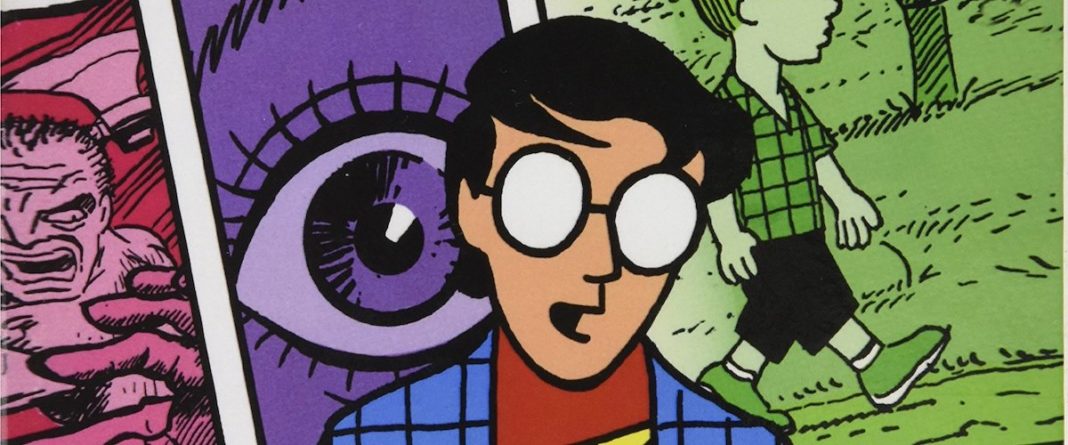
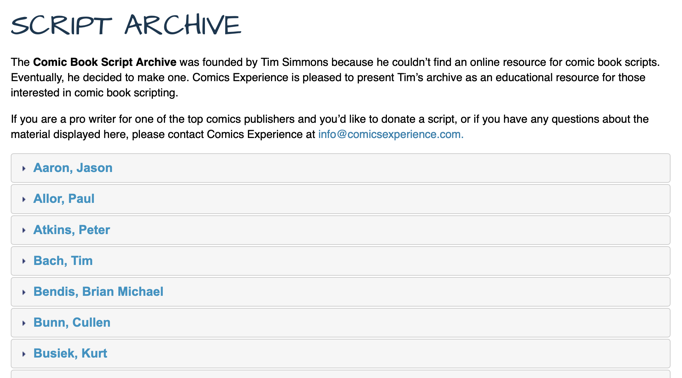
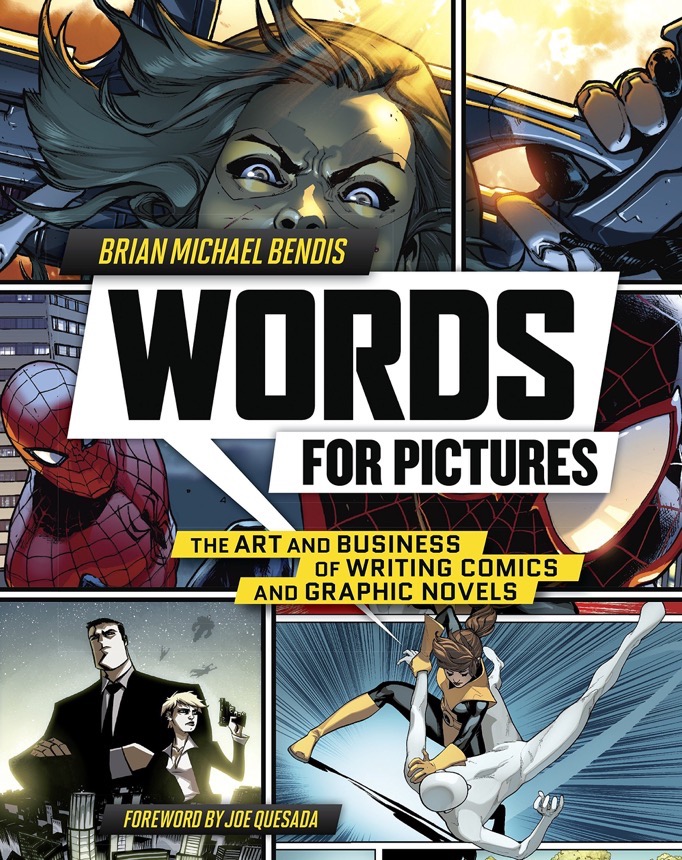
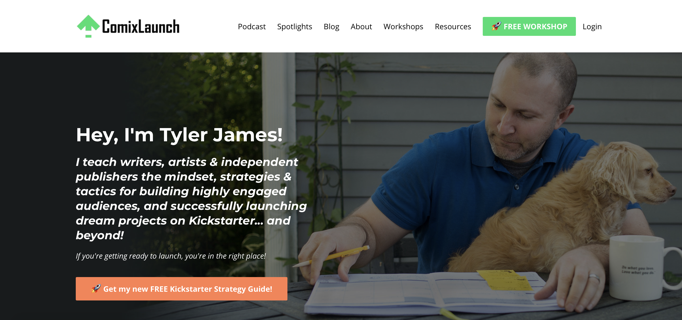
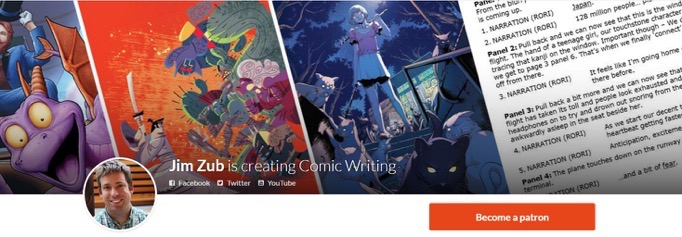




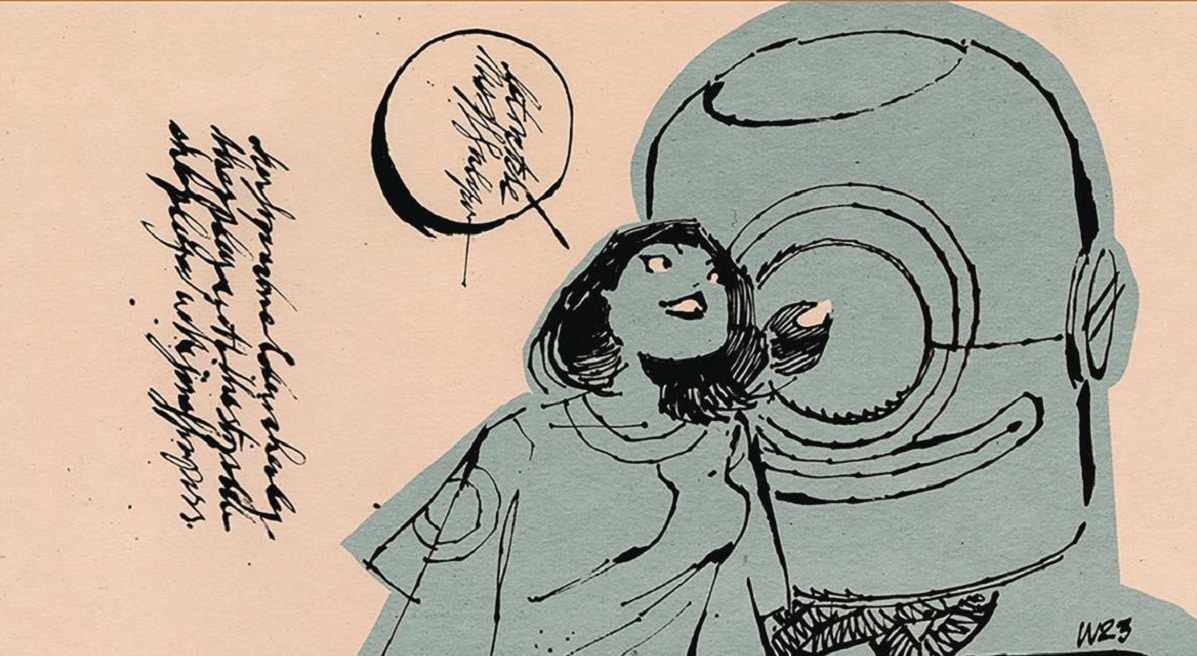

Keep in mind that there are some really great podcasts out there as well, such Webcomic Reviews and Interviews (https://podcasts.apple.com/us/podcast/webcomics-reviews-and-interviews/id1479051116)!
@finbarreilly Thanks for the tip! Because of your comment I think I’ll do a whole post on podcasts on making comics. :)
Cool! If I can help in any way let me know!
Comments are closed.